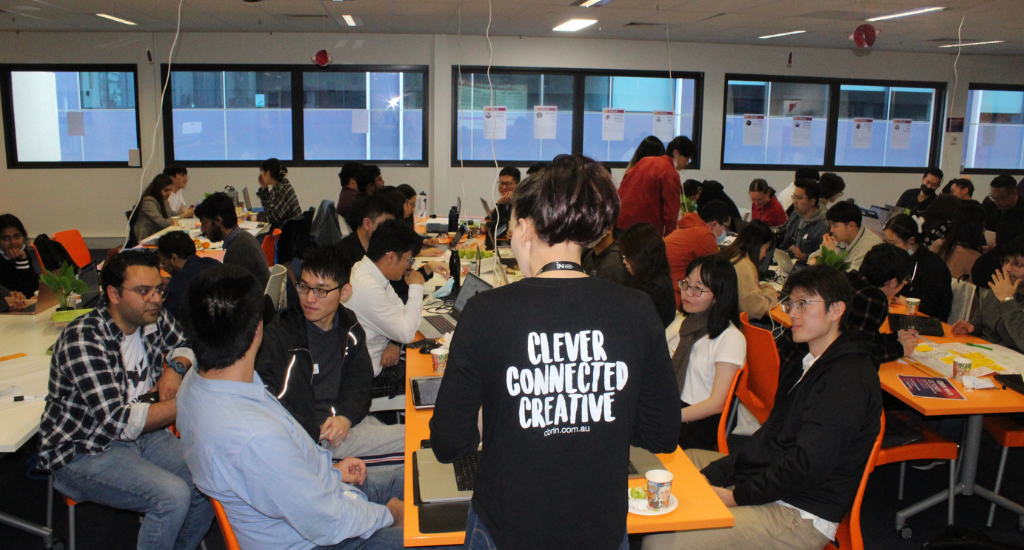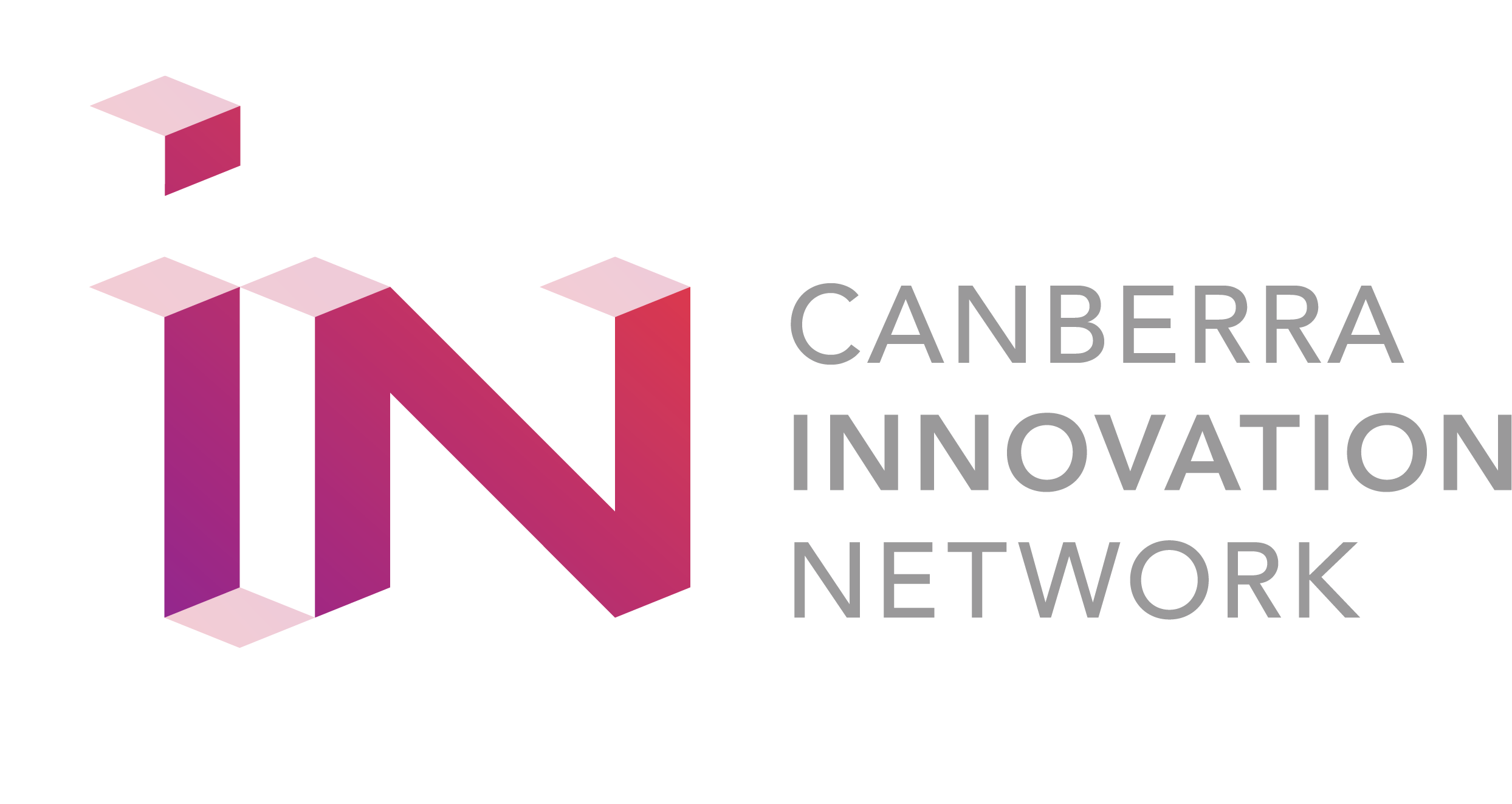- 24 October 2022
- Posted by: Canberra Innovation Network
- Categories: Event News, Feature, General News

Over 130 ANU students, comprising of 34 teams, from 6 different countries battled it out at The Canberra Innovation Network (CBRIN) on Friday October 14th. The competition was called the Responsible Innovation Hackathon. ANU’s final year engineering students worked intensely, receiving advice from an array of mentors in preparation for their final pitches to the panel of judges. The two project streams were: Re-designing ANU for Responsible Innovators and Designing New Ways to Operationalize Responsible AI.

ANU’s engineering department is taking a contemporary approach and placing a heavy focus on the ethical side of engineering. For years, even decades most engineering departments did not educate in the social, environmental and ethical responsibilities that engineers should endeavor to possess, which would enhance the world around us. Throughout the day eight mentors from diverse professional backgrounds guided and assisted all 34 teams with their innovative projects. The day concluded with teams pitching their final projects to a panel of three judges within their stream. The judging criteria was on innovation, responsibility, impact, pitch, viability and the ‘secret sauce’. The secret sauce being the thing that made that team unique or stand-out from the rest of the competitors.

The Four Knights were the winners of Re-designing ANU for Responsible Innovators, and their final project was on a guidance application centered on ANU lectures to introduce and intertwine responsible innovation within the course topics for all classes, coined as the “Triple A”. “Triple A” stood for Awareness, Application, and Assessment, the idea is to apply this approach to all lecturers and their courses at ANU.
For the second stream, Designing New Ways to Operationalize Responsible AI, the winning group was named Microsoft Teams. Their project was the creation of an AI application concentrating on the public’s privacy, while scientists and field operators record environment sounds. The AI application would be designed to identify the difference between human voices and environmental sounds, omitting the voices from the recordings and in turn keeping private conversations private.
After witnessing teams from around the world compete with each other to create unique engineering ideas, all with ethics and responsibility at the core, thanks to ANU and CBRIN, the future of engineering has taken a giant leap in creating a better world for all.

